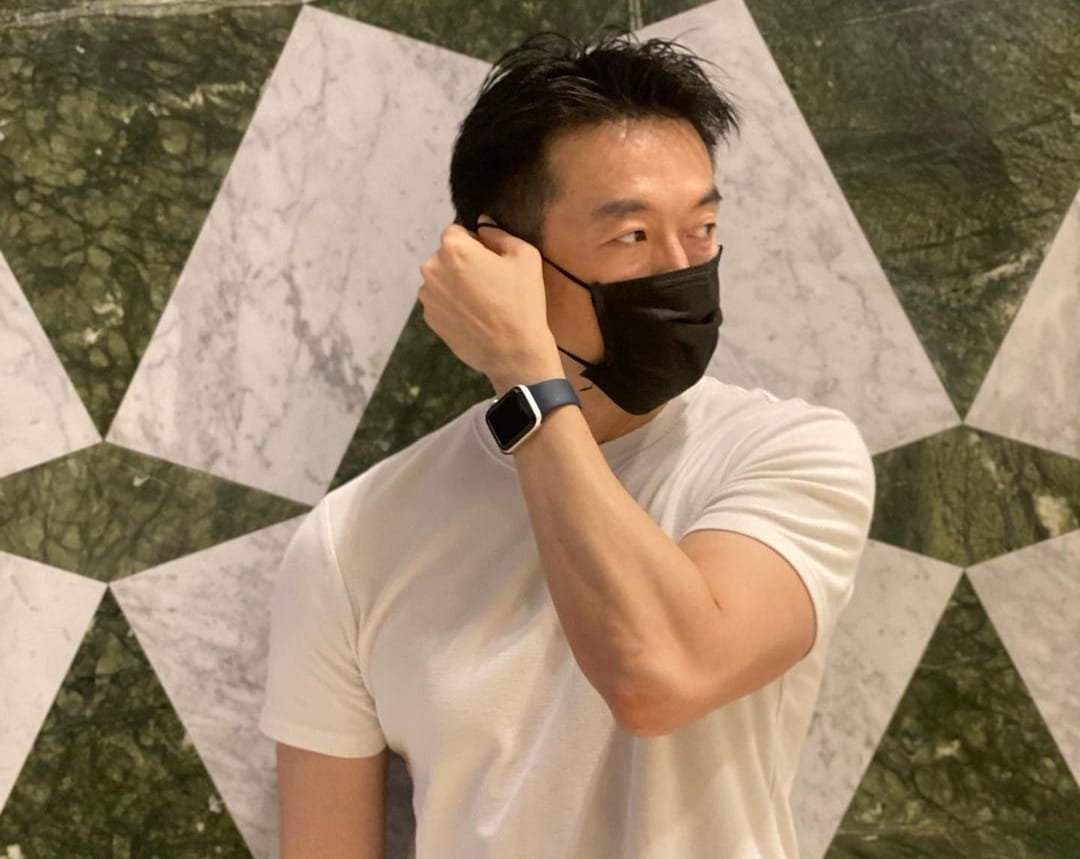Though no longer termed a “pandemic”, COVID is once again creeping up on Singapore — in this quiet new wave, the number of new cases per day has averaged 2,000 in the past two weeks, compared to the daily average of 1,000 about three weeks ago.
Revealing these figures, Singapore Health Minister Ong Ye Kung said yesterday that there were no plans to bring back social restrictions. He was speaking at the official opening of the Stepping Stones Rehabilitation Centre and Serenity Centre at the Institute of Mental Health.
As most countries have managed to vaccinate a large section of their populations, a “COVID wave” is no longer the scary term it once was. About five months ago, in early May 2023, the World Health Organization officially declared that the worst of the global threat from the novel coronavirus was over. The New York Times quoted WHO Director General Tedros Adhanom Ghebreyesus as saying, “It is with great hope that I declare COVID-19 over as a global health emergency.”
However, the NYT report added: “But WHO officials warned that the decision to lift the emergency does not signal an end to the pandemic, and cautioned countries not take this as reason to dismantle COVID response systems.”
Singapore saw a COVID wave in March-April this year, before the current one in September-October. Health Minister Ong Ye Kung said that these cases were mostly caused by two descendants of the XBB Omicron variant — EG.5 and HK.3. “Together, they account for over 75 per cent of cases now,” he said.
The minister added that the nature of COVID had now changed to “endemic”, the word for a disease that is commonly found in a particular region. “We will treat [COVID] as an endemic disease, which is in line with our strategy, and live with it,” he said. “After all, there has been no evidence to suggest that the new variants are more likely to lead to severe illness compared to previous variants.”
The minister still urged caution, saying that the protection afforded by COVID vaccines would not remain permanently effective. He also warned that unvaccinated individuals — as per Singapore data from the March-April wave — had a much higher risk of infection under the current wave, especially if they also had not developed a COVID infection before, something that would create natural antibodies.
Ong said that based on Singapore data, there was “a clear indication that protection wanes, [and] it happens at around the 12-month interval” after anti-bodies were acquired either through a vaccine or through an infection.
People, especially senior citizens and those vulnerable otherwise, were advised to wear masks in crowded public spaces and take their vaccine shots annually. Vaccination would help them recover in case of a coronavirus infection.



